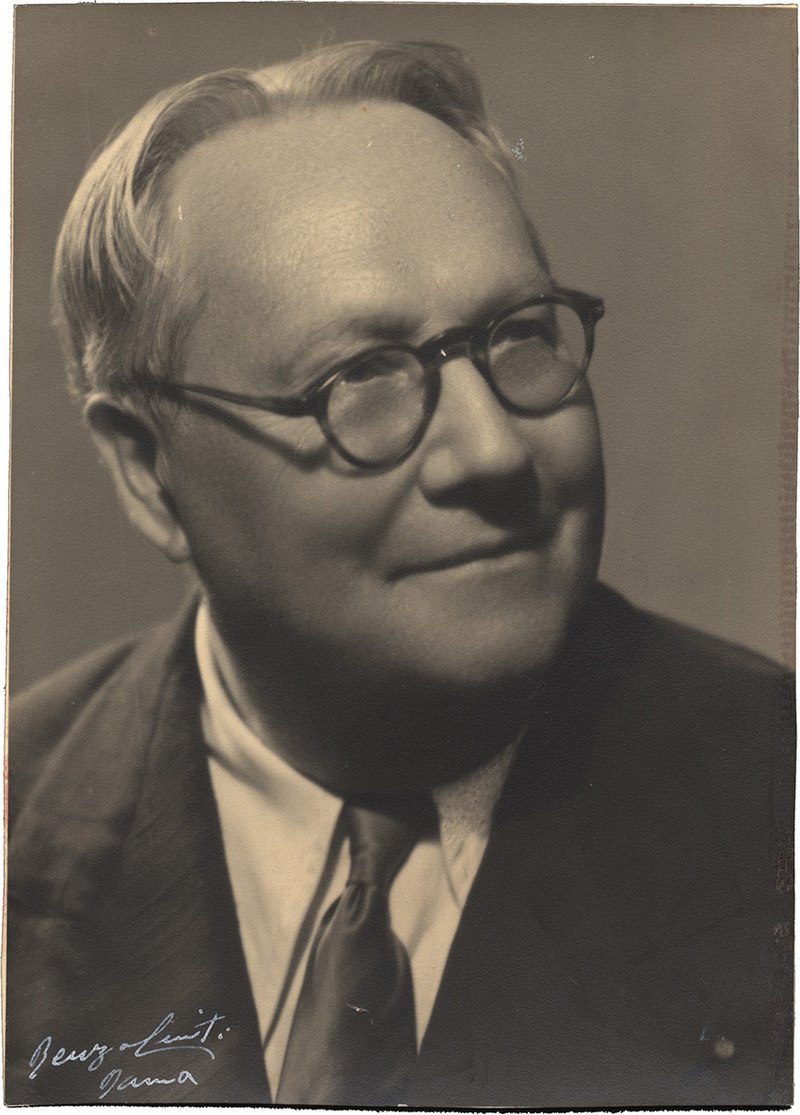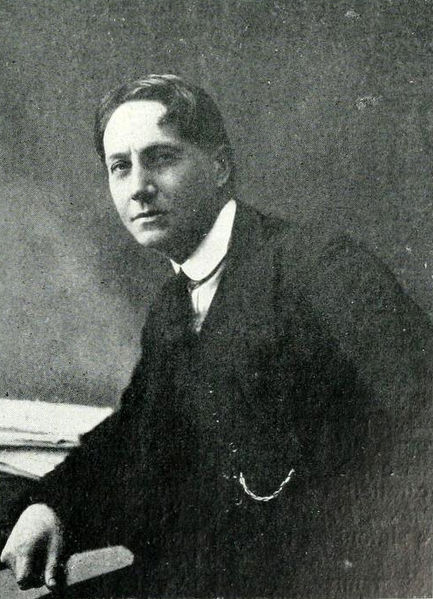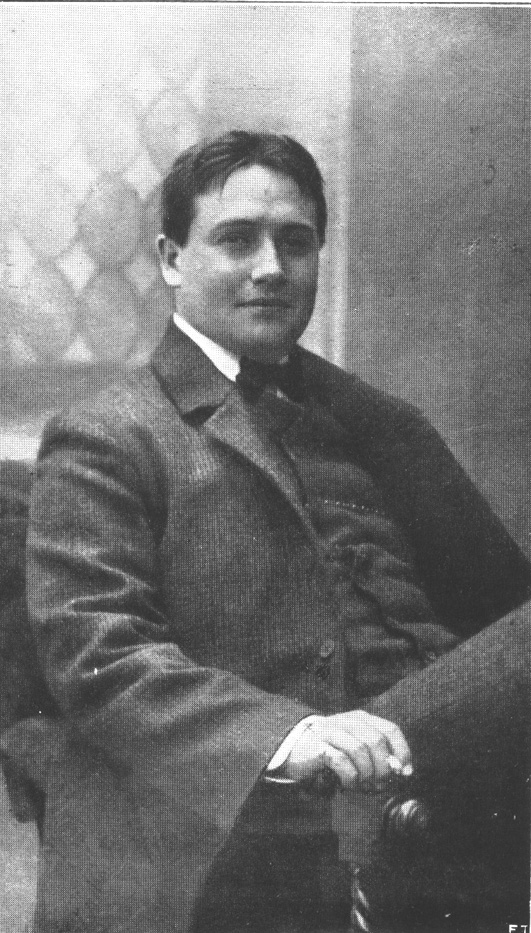<Back to Index>
- Composer Franco Alfano, 1875
PAGE SPONSOR



Franco Alfano (8 March 1875 - 27 October 1954) was an Italian composer and pianist. Best known today for his opera Risurrezione (1904) and above all for having completed Puccini's opera Turandot in 1926. He had considerable success with several of his own works during his lifetime.
Alfano was born in Posillipo, Naples. Until recent times, musical histories usually gave the year of his birth, incorrectly, as 1876. He attended piano privately under Alessandro Longo, and harmony and composition respectively under Camillo de Nardis (1857 - 1951) and Paolo Serrao at the conservatory San Pietro a Majella in Naples. Later, after graduating, he pursued further composition studies with Hans Sitt and Salomon Jadassohn in Leipzig. While working there he met his idol, Edvard Grieg, and wrote numerous piano and orchestral pieces. He completed his first opera, Miranda, still unpublished, for which he also wrote the libretto after a novel by Antonio Fogazzaro, in 1896. His work La Fonte Di Enschir (libretto by Luigi Illica) was refused by Ricordi but was shown in Wrocław (then Breslau) as Die Quelle von Enschir on 8 November 1898, enjoying some success.
The following three operas are usually considered as his most important:
- Risurrezione, 1904, based on Tolstoy. It was later also sung by Magda Olivero.
- Cyrano de Bergerac, after the famous play by Edmond Rostand and composed to the French libretto by Henri Cain. It had its Italian version premiere in Rome in January 1936, and its French version premiere in Paris four months later. It was revived by the Kiel Opera (Germany), the Montpellier Radio Festival (France) and the Metropolitan Opera, New York, starring Plįcido Domingo in the title role.
- La leggenda di Sakłntala, 1921, revised in 1952 as Sakłntala, after Abhijńānaśākuntalam (The Recognition of Sakuntala), the Sanskrit play by Kalidasa.
From 1918 he was Director of the Conservatory of Bologna,
from 1923 Director of the Turin Conservatory, and from
1947 to 1950 Director of the Rossini Conservatory in
Pesaro. Alfano died in San Remo.
Fanfare Sept/Oct 98-99 gives the following information:
Alfano's reputation suffers because:
- He should not be judged as a composer on the basis of the task he was given in completing Turandot (La Scala, 25 April 1926)
- We almost never hear everything he wrote for Turandot -- the standard ending heavily edits Alfano's work.
- [...] it is not his conclusion that is performed in productions of Turandot but only what the premiere conductor Arturo Toscanini included from it... Puccini had worked for nine months on the following concluding duet and at his death had left behind a whole ream of sketches... Alfano had to reconstruct... according to his best assessment... and with his imagination and magnifying glass" since Puccini's material "had not really been legible."